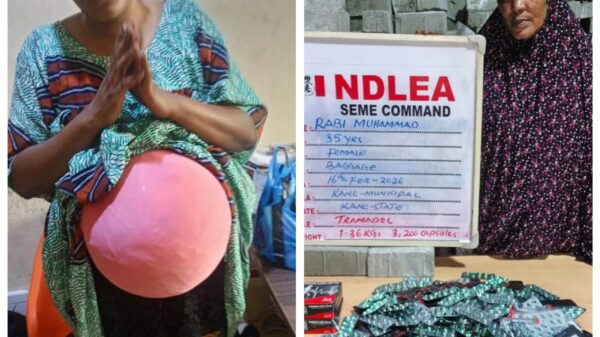Non-profit professional association and global advocacy group for the project management profession, Project Management Institute (PMI) has recognised that linkages are required between education and employability so that young skilled Africans are able to deploy their skills in formal employment where available or create their own opportunities through effective entrepreneurship. As the future of work becomes more projectised, project-based skills will become essential to helping changemakers turn ideas into reality and overcome complex challenges.
PMI predicts the global economy will need 25 million new project professionals by 2030. In its Talent Gap report, it attributes this demand to an increase in the number of jobs requiring project management skills, economic growth, and retirement rates.
A shortage of this critical skill could pose considerable risk to organisations as they rely on project teams to implement strategic initiatives on time and on budget. Globally, the talent gap is being exacerbated by the post- pandemic ‘Great Resignation,’ which has seen workers quitting their jobs.
In Africa, however, “we observe the opposite trend,” says George Asamani, PMI’s Business Development Leader for Africa.
“The continent graduates around 11 million young people from schools and universities each year, according to Junior Achievement Africa. This presents the continent with an opportunity to leverage this demographic dividend to address shortages of project management professionals in the developed world – while also developing the project skills to help young Africans build the conditions for much broader economic participation at home.”
PMI has successfully partnered with universities in Sub-Saharan Africa to provide practical courses to help students while still at university to understand how to apply project management skills for delivery in the real world. Through a train-the-trainer model, lecturers and professorial staff at universities are trained to teach project management skills to reach as many students as possible across all disciplines.
“While some universities include these courses as part of their overall fees so that students receive project management training free at point of delivery, others deliver the training as additional pay-as-you-go courses. Regardless of how universities choose to build these critical project management bridges into their curricula, PMI provides 60% discounts on all certifications received by university students,” says Asamani.
PMI together with Microsoft has also built the Citizen Developer courseware available to partner universities or directly to individual students. Microsoft estimates that an emerging class of citizen developers will create 450 million apps over the next five years using software development dubbed “low-code / no-code”.
“The execution of all projects today relies heavily on digital ability. 86% of IT decision-makers say the biggest challenge to digitally transform their business is too few developers. That’s where the power of citizen development comes in,” says Asamani.
In Africa, PMI has partnered with the Tony Elumelu Foundation (TEF) which seeks to add US$ 10 billion to the African economy by creating 10,000 new businesses on the continent. PMI’s own research shows that one of the five most common causes of entrepreneurship failure is execution risk, or the inability to deliver projects successfully.
In response, and together with the TEF, “PMI has developed a webinar series that guides young African entrepreneurs build businesses and execute projects by successfully managing risk through ideation, strategy and delivery,” reports Asamani. The webinar series also supports young African entrepreneurs directly with mentorships provided through the TEF.
PMI also partners with the African Leadership Group, composed of the African Leadership Academy (ALA), the African Leadership University (ALU) and the ALX career accelerator to empower young Africans with project management skills.
At ALA, PMI works with undergrad students who during their first-year present ideas which are formally critiqued, marked and refined. During the second year, students work on delivering their ideas practically, supported by mentors through the PMI South Africa Chapter.
“Today, beyond education, where we are already doing a lot of work – we also need to find ways to work with government and the private sector to reach and empower a much broader segment of young Africans. All of us have a role to play in creating a more confident and readily employable workforce,” concludes Asamani.
![]()





























































